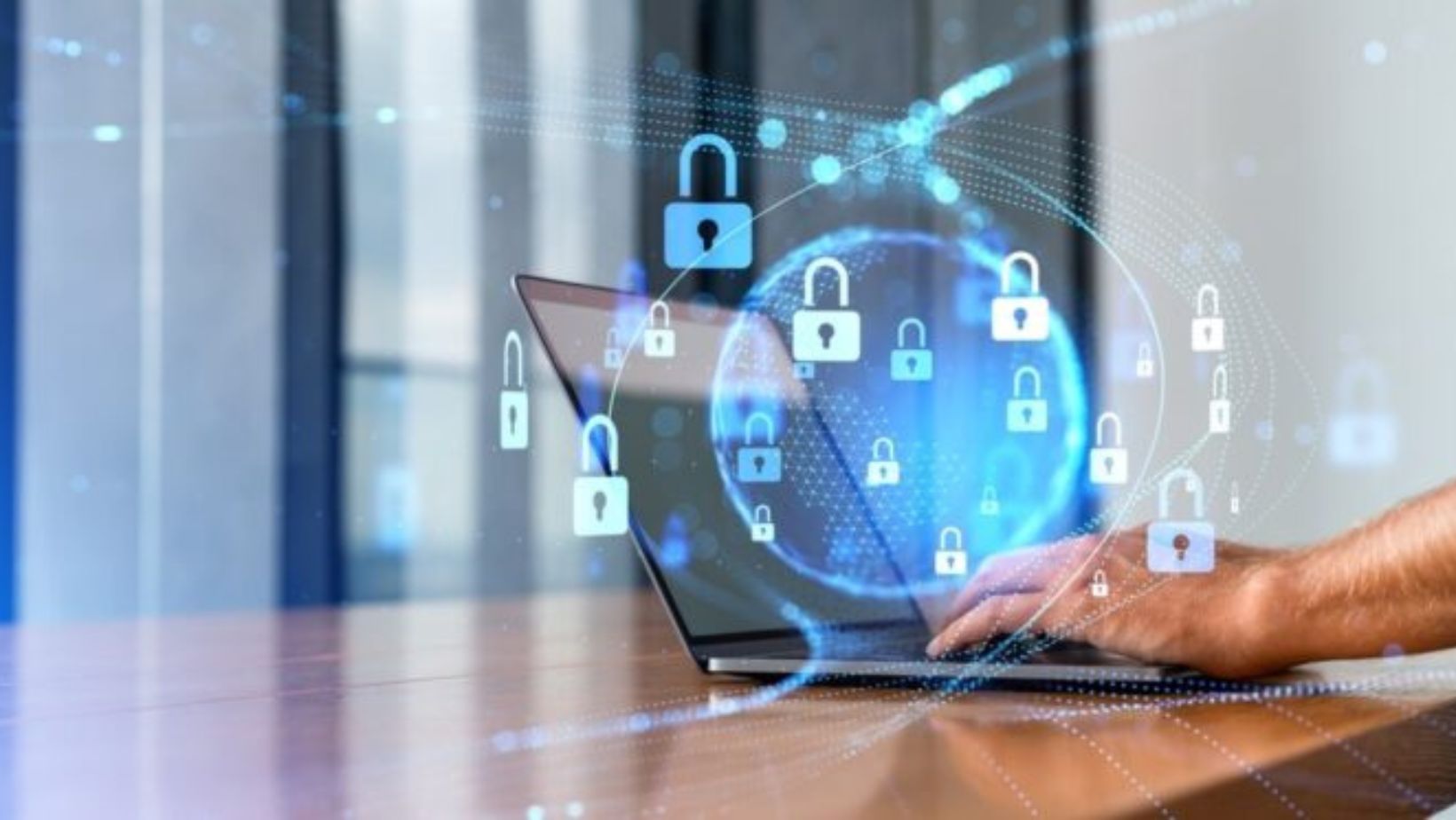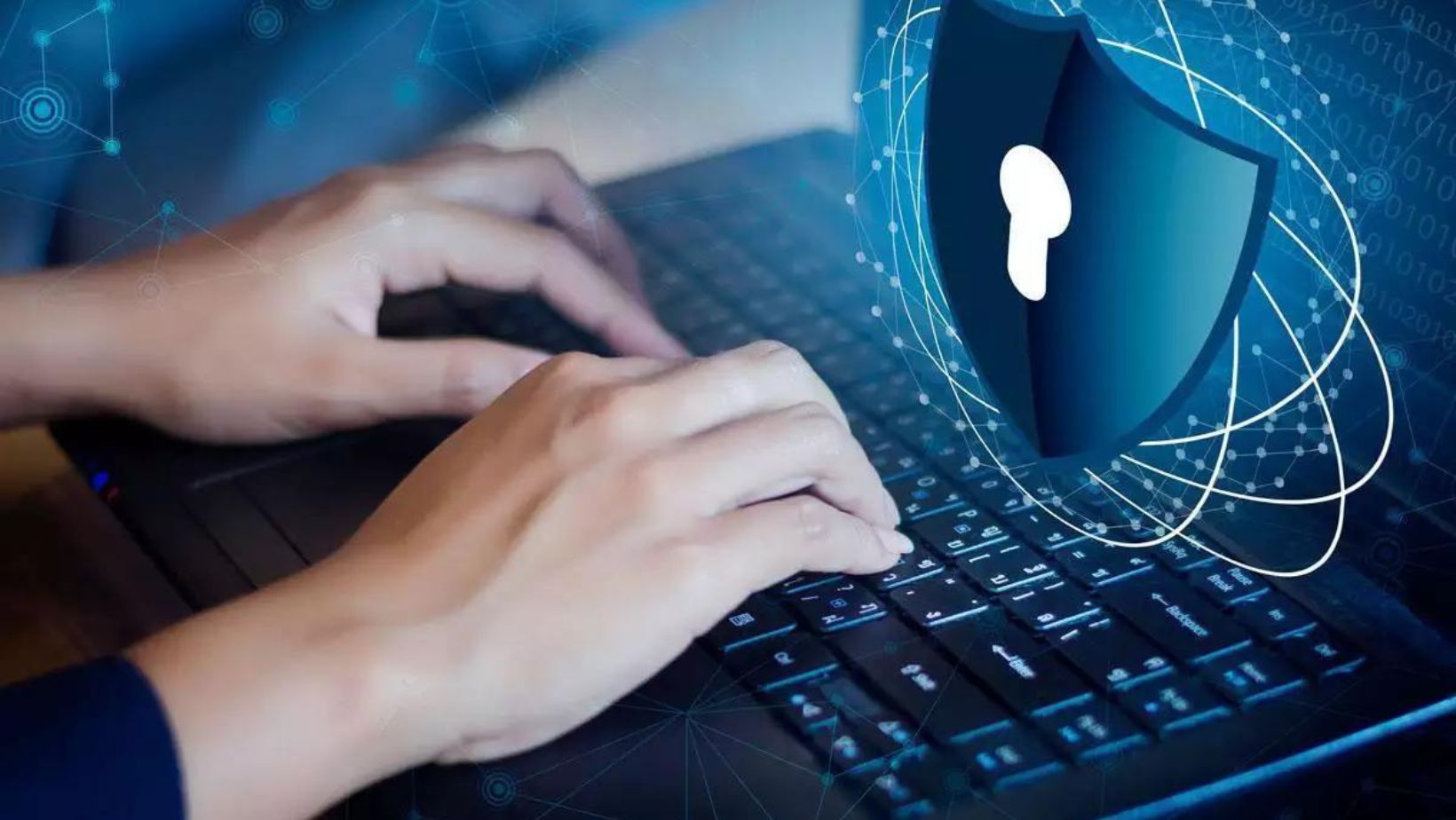Best Laptops for Cybersecurity Students
Are you a cybersecurity student looking for the best laptop to support your studies? Look no further! In this article, I’ll be sharing my top recommendations for laptops that are perfect for cybersecurity students. Whether you’re just starting out or already diving deep into the world of hacking and network security, having the right tools at your fingertips is crucial.
When it comes to cybersecurity, performance is key. You need a laptop that can handle complex coding, virtual machines, and intense data analysis without breaking a sweat. That’s why I highly recommend investing in a laptop with a powerful processor and ample RAM.
Another important consideration is security features. As a cybersecurity student, it’s essential to prioritize privacy and protect sensitive information. Look for laptops that offer built-in encryption capabilities and biometric authentication options like fingerprint scanners or facial recognition technology.
Choosing the Right Laptop for Cybersecurity Studies
Operating System Compatibility
Different operating systems offer unique advantages and limitations, so it’s important to choose one that aligns with your specific needs and preferences.
- Windows: Windows-based laptops are widely used in the cybersecurity field due to their compatibility with various security tools and software. Many industry-standard applications and frameworks are designed specifically for Windows, making it a popular choice among cybersecurity professionals.
- MacOS: MacOS is also gaining popularity among cybersecurity students and professionals. MacBooks offer a sleek design, excellent performance, and strong security features built into the operating system. While some specialized software may be more commonly associated with Windows, many essential cybersecurity tools have versions compatible with MacOS.
- Linux: Linux distributions like Ubuntu or Kali Linux are highly favored by cybersecurity enthusiasts due to their open-source nature and extensive support for network analysis and penetration testing tools. Linux provides a high level of customization and control over the system, making it an attractive choice for those who want to delve deeper into advanced security practices.
Hardware Specifications to Consider
Aside from the operating system, hardware specifications play a crucial role in ensuring optimal performance while studying or working on complex cybersecurity projects.
- Processor (CPU): A powerful processor is essential for running resource-intensive tasks such as virtual machines or cryptographic computations efficiently.
- RAM (Memory): To handle multiple virtual environments or run memory-demanding applications simultaneously, opt for at least 8GB of RAM. More RAM will provide smoother multitasking capabilities.
- Storage:
- Solid-State Drive (SSD): SSDs offer faster access speeds compared to traditional hard disk drives (HDDs).
- Storage Capacity: Aim for at least 256GB of storage space, as cybersecurity projects often require large amounts of data storage.
- Graphics Card (GPU): While a dedicated graphics card is not a necessity for cybersecurity studies, it can be beneficial if you plan on engaging in tasks that rely heavily on graphical processing power, such as password cracking or GPU-based encryption.

Key Features to Consider in a Laptop for Cybersecurity Students
When it comes to choosing the best laptop for cybersecurity students, there are several key features that should be taken into consideration. As an expert in the field, I’m here to guide you through the essentials. So let’s dive right in!
- Processing Power: Cybersecurity tasks often involve resource-intensive activities such as running virtual machines, analyzing large datasets, and performing complex calculations. Therefore, it’s crucial to opt for a laptop with a powerful processor.
- RAM and Storage: In order to handle multiple applications simultaneously and store vast amounts of data securely, cybersecurity students need ample memory and storage capacity. Aim for at least 8GB of RAM (preferably 16GB) to ensure smooth operation during intensive tasks.
- Security Features: Given the nature of their work, cybersecurity students must prioritize security not only in their projects but also in their devices themselves.
- Portability: As students often need to carry their laptops between classes or while working on projects outside the campus, portability is a significant factor to consider.
- Battery Life: Long-lasting battery life is essential when you’re constantly on the go or attending back-to-back classes without easy access to power outlets.
- Connectivity Options: Cybersecurity students frequently require connectivity options like USB ports (both Type-A and Type-C), HDMI ports, and an Ethernet port for wired internet access.
- Display Quality: A high-quality display is crucial for cybersecurity students who spend hours analyzing data, reading documents, or coding. Look for laptops with at least a Full HD (1920×1080) resolution and IPS technology for wide viewing angles and accurate color reproduction.
Remember, these key features are essential considerations when choosing a laptop for cybersecurity students. By prioritizing processing power, memory capacity, security features, portability, battery life, connectivity options, and display quality, you can find a laptop that meets the unique needs of this specialized field.




